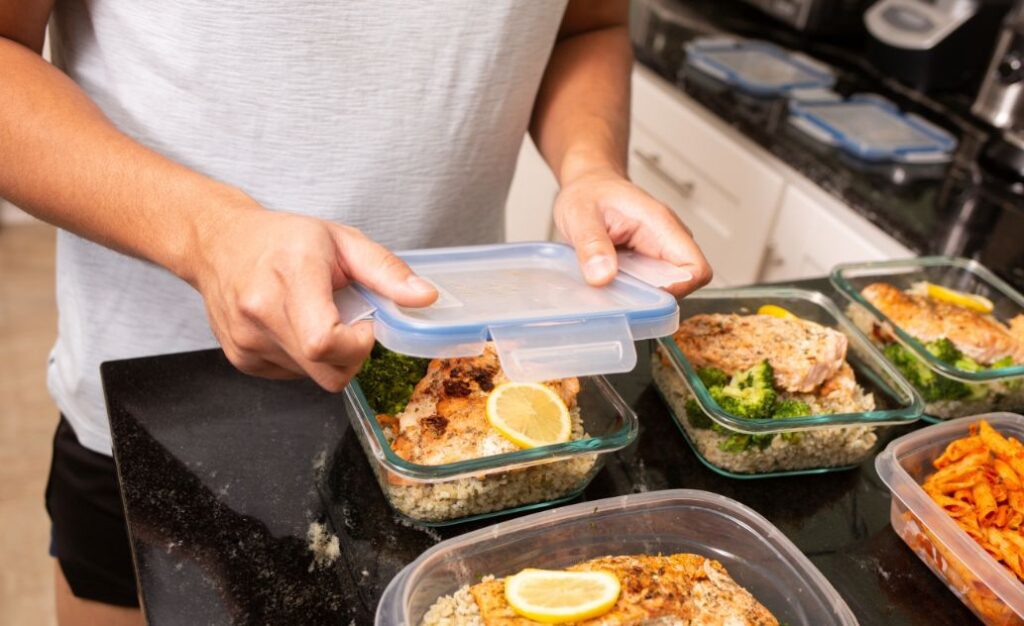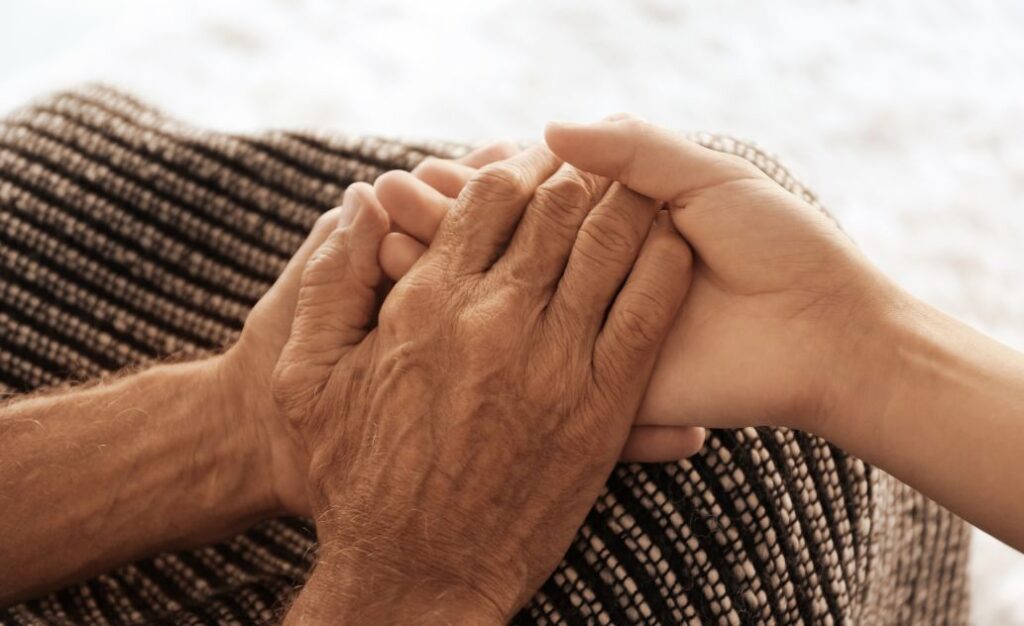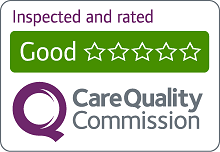Facing surgery can be a daunting experience, especially for those living alone. The thought of managing your recovery without immediate support might seem overwhelming.
Yet, with the right preparation and resources, you can navigate this period effectively, ensuring a comfortable and safe recovery in your own home.
This guide aims to arm you with practical tips and strategies, focusing on how to recover from surgery when you live alone, ensuring your independence doesn’t compromise your care and giving you the best chance of recovering from surgery.
How Does Surgery Affect a Person?

Undergoing surgery is a significant event, impacting both your physical and emotional states.
Physically, it may introduce pain, fatigue, and a dip in mobility, disrupting daily activities. Emotionally, the recovery period can feel isolating, amplifying feelings of anxiety.
Besides, surgery entails risks like infections and blood clots, underscoring the importance of adhering to post-op instructions for a swift recovery.
To navigate these challenges, especially when living solo, proactive preparation is key.
If you’re wondering how you recover from surgery when you live alone – you will without doubt need to tailor your environment for post-surgery life; begin by organising your living space to minimise exertion and secure a support network in advance.
This could mean adjusting furniture to prevent stretching or bending and ensuring you have a go-to person or community for support.
Equally, managing stress and anxiety through mindfulness or hobbies is vital for mental well-being.
For those recovering alone, remember effective planning and leveraging available support can transform your recovery into a manageable, less daunting experience.
Prepare Your Home

Transforming your home into a haven for post-surgery recovery is key.
Begin with a hazard sweep to eliminate anything that could trip you up – think loose rugs and clutter.
Installing handrails in critical spots, like bathrooms, can offer extra stability when you’re finding your feet again.
Planning is paramount, especially for routine tasks that might become Herculean post-op.
Line up some help for grocery runs and cleaning to keep your space serene and stocked.
Speaking of stock, compile a checklist of essentials: medications, toiletries, and comfy clothes should be at the top of the list.
Rearrange your living quarters so everything you need is within easy reach, avoiding any unnecessary stretching or bending that could hinder your recovery.
Crafting this snug and secure recovery nest ensures you’re prepared to focus on healing, combining safety with the comfort of home.
Perform Meal Preparation

Nutrition isn’t just about eating; it’s your secret weapon for a speedy recovery, turbocharging your body’s healing and boosting those all-important energy levels.
You can transform your kitchen into a haven of health by engaging in a little culinary prep work before your operation.
Think about batch-cooking some scrumptious, nutrient-packed dishes that are easy to heat and eat.
Whether it’s a hearty vegetable stew or some lean, protein-rich chicken wraps, having a fridge and freezer full of healthy options means you’ve got one less thing to worry about post-surgery.
But let’s not forget about hydration. Increasing your water intake isn’t just good advice; it’s a cornerstone of post-operative care, helping to flush out toxins, transport nutrients, and keep those energy levels up.
So, fill up your favourite water bottle, add a slice of lemon or cucumber for a zesty twist, and sip your way to a swifter recovery.
With a bit of foresight and a sprinkle of culinary magic, you’ll be well on your way to bouncing back, all from the comfort of your own home.
Encourage Healthy Habits

Maintaining a balance of rest and light activity is crucial for your recovery. Incorporate gentle stretching and short walks within your comfort level to stay active.
Relaxation techniques, such as deep breathing exercises or meditation, can help manage pain and reduce stress.
Adequate rest and a proper sleep schedule also support your body’s healing process, alongside strategies for keeping your mental and emotional well-being in check, like journaling or mindfulness practices.
Seek Support

Recovery doesn’t have to be a solitary journey.
Reach out to friends, family, or neighbours for support, whether it’s for assistance around the house or simply for company.
Online forums and support groups can also be a valuable resource, connecting you with individuals facing similar challenges.
Additionally, consider the benefits of professional support services, such as hospital discharge after care, which can provide personalised assistance during your recovery at home.
Is it Easy to Recover from Surgery at Home Alone?
While the thought of recovering alone might seem daunting, many individuals successfully navigate this process with proper planning and support.
By preparing your home, ensuring you have a support system in place, and maintaining healthy habits, you can manage your recovery confidently.
Remember, seeking help is a strength, not a weakness.
Empower yourself with the resources and strategies needed to overcome common challenges, such as transportation for follow-up appointments and medication management.
Recovering from surgery alone requires preparation, support, and the right mindset.
By following the strategies outlined in this guide, you can prioritise your health and well-being, ensuring a smooth and comfortable recovery process. Remember, support is just a click away.
For any assistance or to learn more about your options for care during recovery, feel free to contact us.
